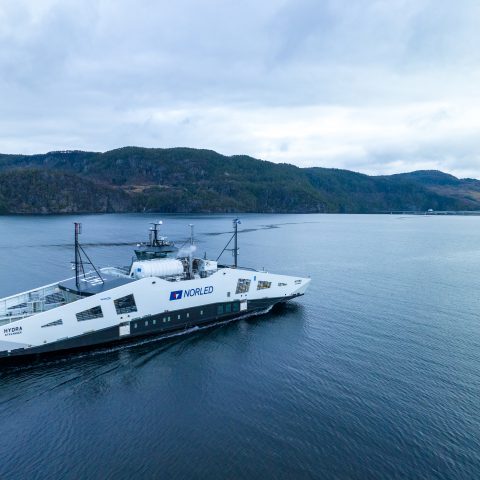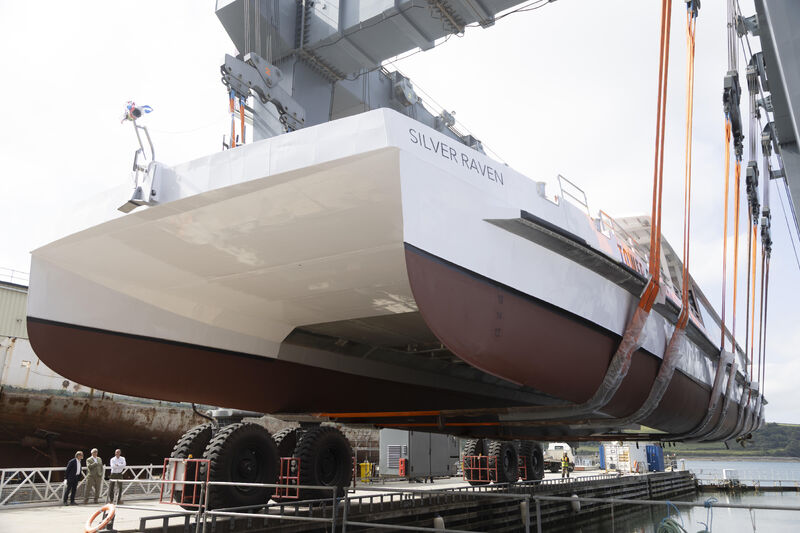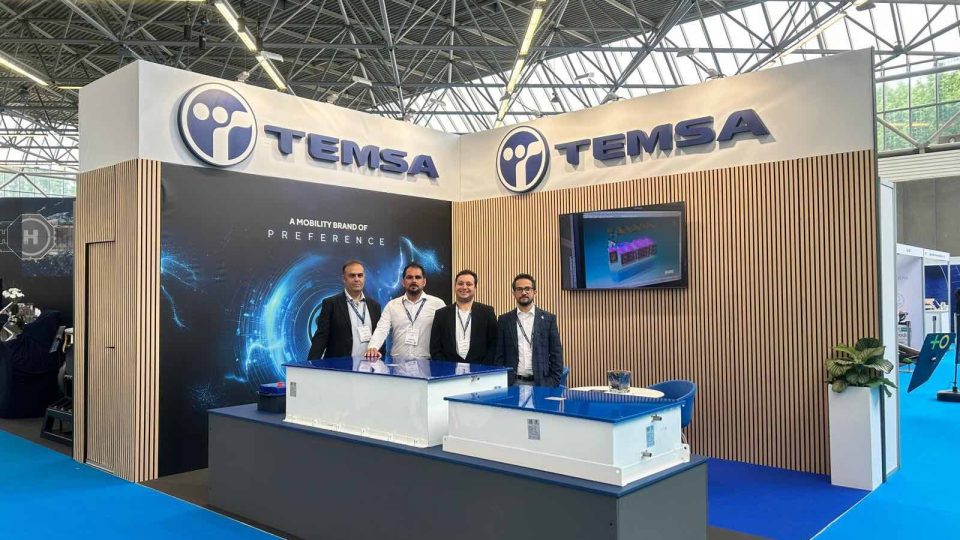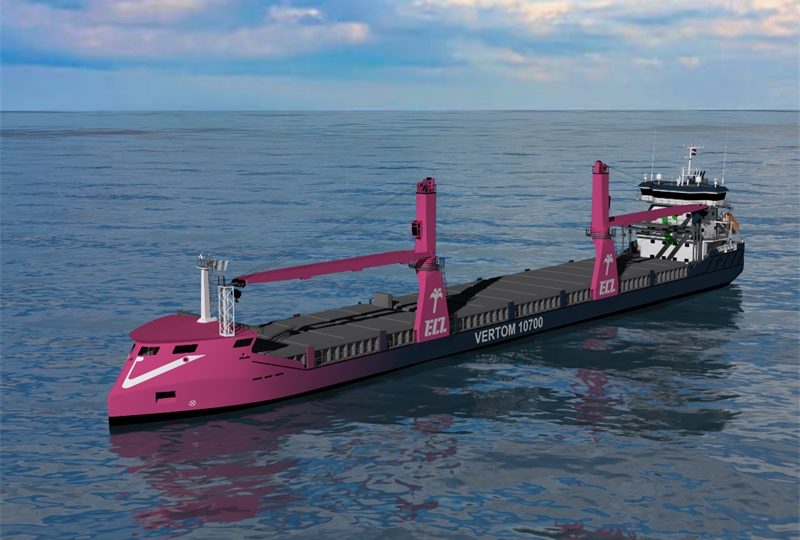Norled MF Hydra sails on zero-emission liquid hydrogen
When at the end of March the MF Hydra was put into operation running on zero-emission hydrogen, this was groundbreaking in several ways. In addition to the major technology development, a great deal of work has also been done to develop rules and regulations to enable Norwegian passenger ships to run on hydrogen.

When at the end of March the MF Hydra was put into operation running on zero-emission hydrogen, this was groundbreaking in several ways. In addition to the major technology development, a great deal of work has also been done to develop rules and regulations to enable Norwegian passenger ships to run on hydrogen.
“The Norwegian Public Roads Administration (NPRA) is proud to contribute to making public procurement an instrument in developing and implementing new technology, and thus provide better facilities for road users,” says Anders Sæternes of NPRA Ferry Management. “We have a tradition of using our role as a major purchaser to accelerate development towards the goals set for the transport sector. It is important for us to use our purchasing power for transition. Zero-emission vessels play an important part in this,” he adds.
While Norway persists as a leading global actor concerning the green shift within maritime transport – the Norwegian Public Roads Administration leads the nautical way towards a greener future – with combined efforts in technological advancement and green policy development.
Twenty years of green ferry innovation predates their current efforts. In the year 2000, the MF Glutra became the first car ferry to run off liquified natural gas (LNG). The use of LNG leads to reduced greenhouse gas emissions, as compared to traditional diesel operation. Eleven years ago, the NPRA issued a tender which resulted in the MF Ampere, the world’s first electrical ferry with propeller drive.
“Therefore, by putting the world’s first hydrogen ferry into operation, we now take yet another substantial leap towards the goal of zero emissions – in regards to ferries as well as the general maritime industry – both in Norway and internationally,” Sæternes sums up.
“Today will be a historic day, both for Norled and for Norway as a leading shipping nation. Today we are witnessing the world’s first ship sailing on liquid hydrogen,” says Heidi Wolden, CEO of Norled.
Since the turn of the year, Norled has been carrying out system tests at the quay in Hjelmeland. In recent weeks, they have been running sea trials and received the final approvals from the Norwegian Maritime Authority (NMA). Norled focuses on innovation and sustainable solutions. In 2015, the company launched the world’s first battery-operated, propeller-driven ferry, the MF Ampere. This led to an electric ferry revolution in Norway. Today, the country has around 70 electric ferries in operation.
Linde Engineering in Germany has supplied the hydrogen systems on board. Danish Ballard has developed the fuel cells that produce electricity from hydrogen. Westcon in Ølensvåg has been responsible for equipping and completing the vessel together with system integrator SEAM from Karmøy. Seam has also supplied the automation scope for the hydrogen system. Corvus Energy has supplied the batteries for the MF Hydra and the vessel has been approved by the Det Norske Veritas (DNV).











